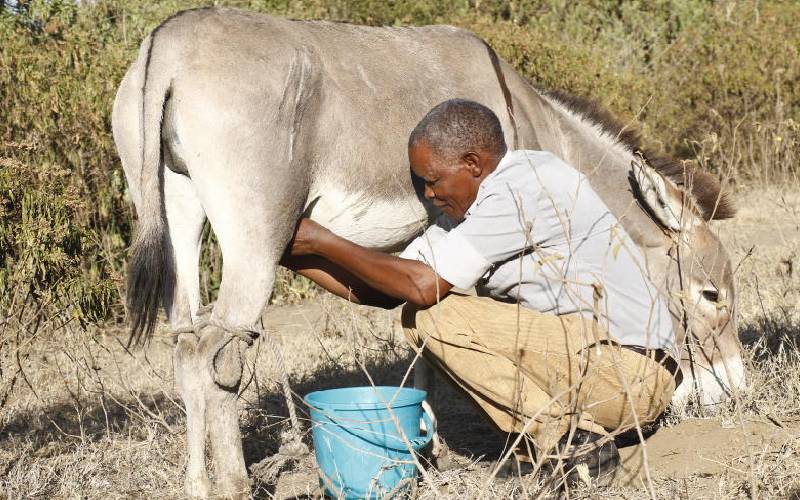×
The Standard e-Paper
Fearless, Trusted News

Donkey owners have formed a lobby to address challenges related to donkey theft and unregulated slaughter.
The owners, drawn from over 25 counties, have formed a national network to petition the Government on issues affecting their animals.